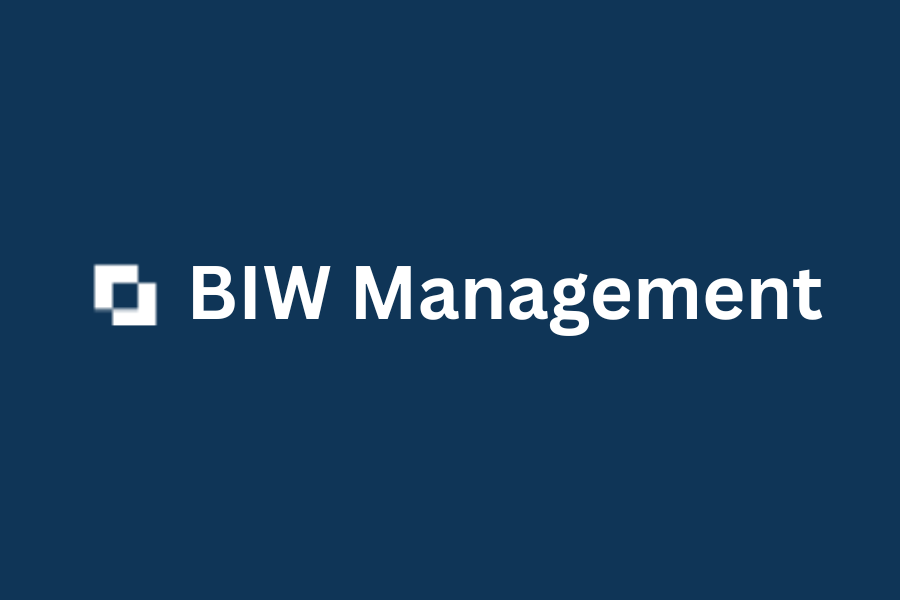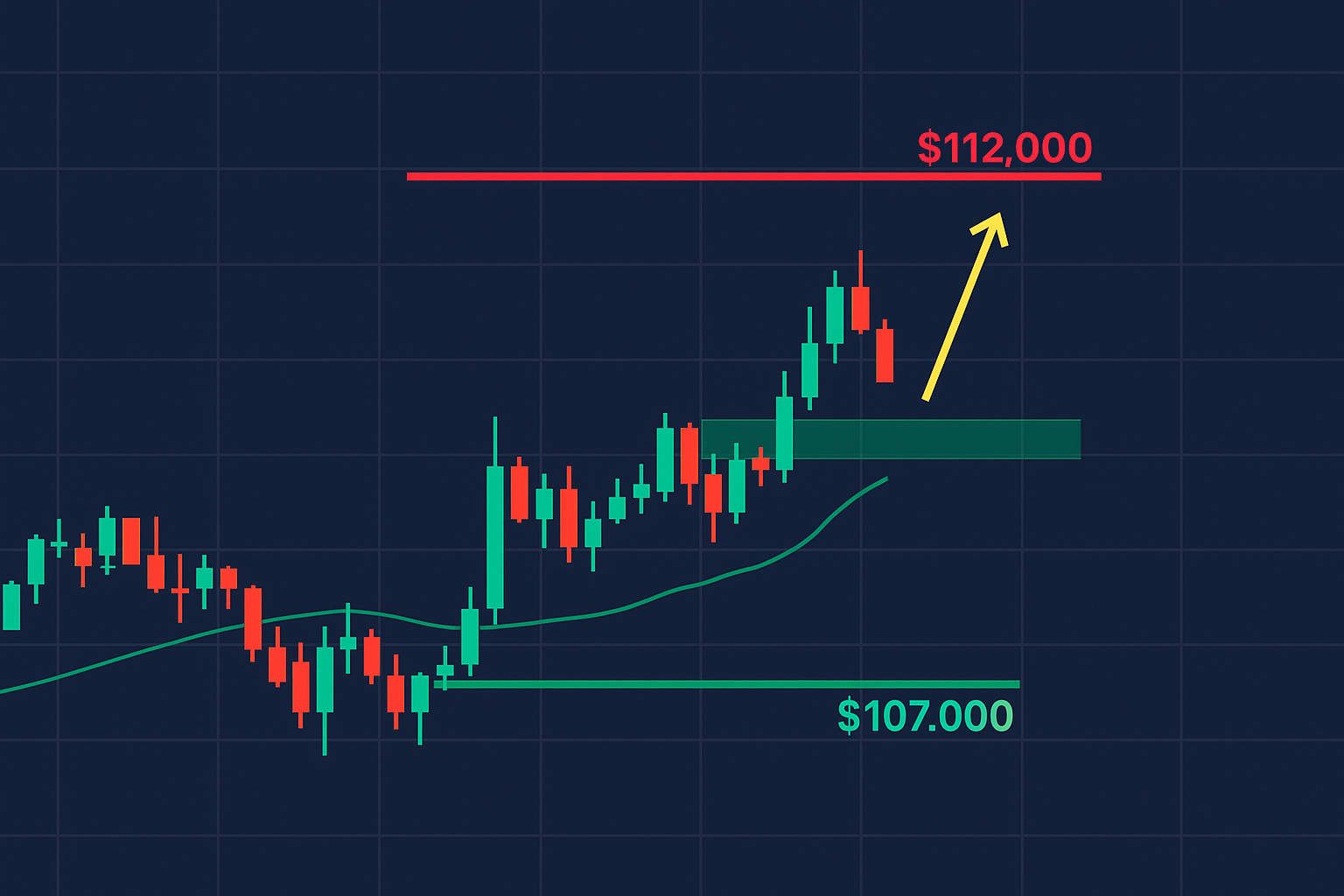Singapore’s Central Bank says Crypto Payment Services Will Soon be Regulated
Cryptocurrency payment services will be required to apply for one of three licenses: a money-changer, a standard payment institution, or a major payment institution.
Monetary Authority of Singapore (MAS), which is the country’s central bank, has finalized its Payment Services Bill on November 19. With the aim of keeping up with the evolving payment landscape and guarding against risks, the bill sets up a new regulatory framework for payment services and gives crypto payment services the opportunity of becoming a licensed provider.
Previously, under the Singaporean Payment Systems (Oversight) Act (2006) and the Money-Changing and Remittance Businesses Act (1979), crypto service providers are outside of MAS’s jurisdiction. However, this new bill enables the Singapore’s central bank to regulate “the issuing of accounts and electronic money, the transfer of money within and out of Singapore, the acquisition of merchants who will use the platform, money changing and the dealing in and exchange of digital payment tokens such as bitcoin.”
To provide any of these services, all cryptocurrency payment services will have to apply for licenses as one of the following: a standard payment institution, a money-changer, or a major payment institution.
The deputy prime minister and the minister in charge of MAS, Tharman Shanmugaratnam clarified that:
“The threshold of e-money that will be protected under the [Payment Services Bill] will be lowered from S$30 million to S$5million. This means that any e-money held by a payment institution will be wholly safeguarded if the average daily float exceeds S$5 million. If the average daily float does not exceed S$5 million, the safeguarding measures will not apply, provided the payment institution makes appropriate disclosures to consumers.”
This statement is to reassure that crypto payment firms will not be over-regulated by MAS. But alternatively, the requirement to disclose risk to clients gives the service users the ability to choose what best fits their risk profile.





















Add Comment